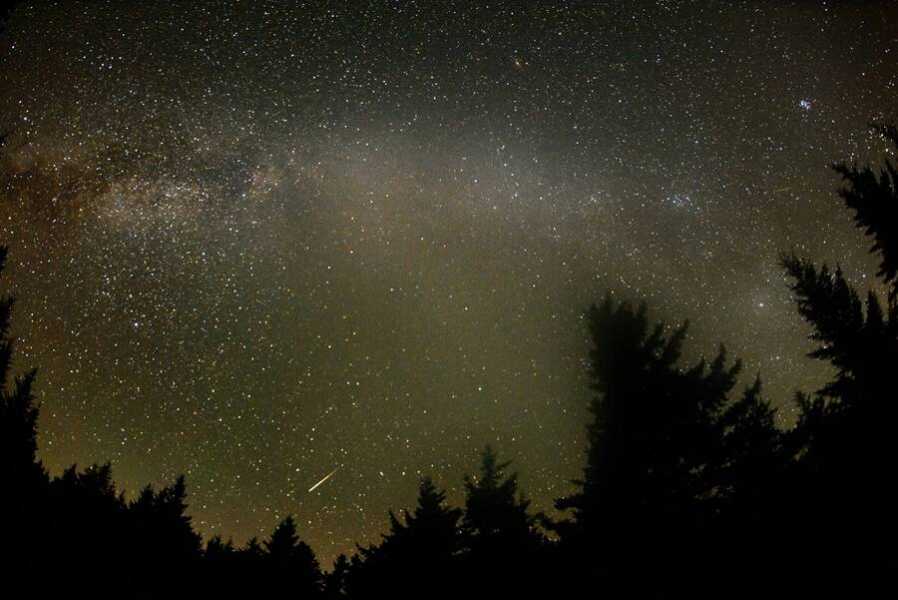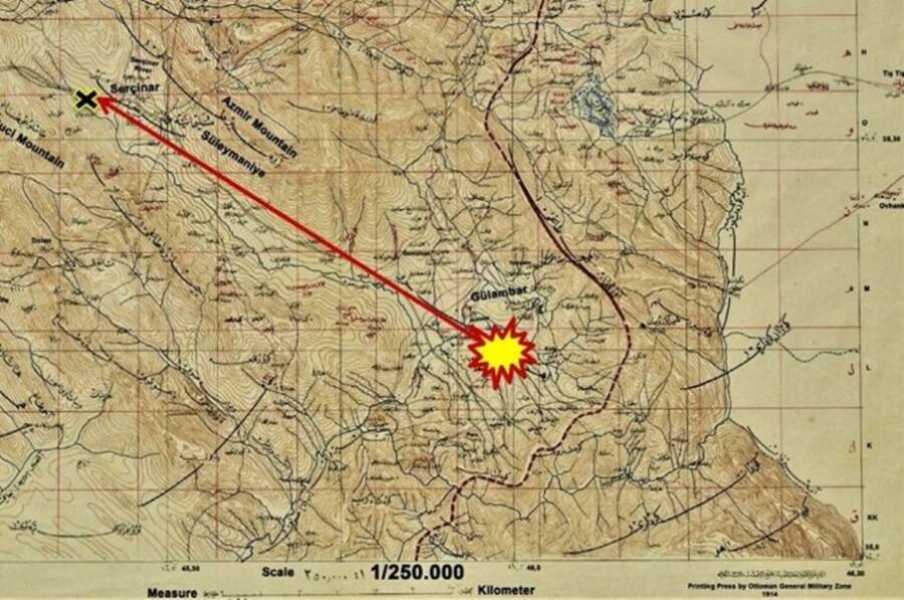Millions of meteors reach Earth every day, but since 1988, only 822 have been large enough to cause explosions in the atmosphere and trigger meteor showers.

Bill Ingalls/NASA Records from the 19th century Ottoman Empire describe an accident in which a man was killed by a meteorite.
In the early 19th century, a man in Iraq was struck by a meteorite and died. The event provides scientists with the earliest record of a meteorite-related death, and is the only known case to date.
According to Science Alert , a team of researchers has discovered several manuscripts in the General Directorate of State Archives of the Republic of Turkey that record the death of a man struck by a falling meteorite.
The three documents are written in Ottoman Turkish and date back to the 19th century. The accident occurred in what is now Sulaymaniyah, Iraq, on August 22, 1888.
According to archival records, a fireball was seen in the sky by residents of a nearby village at around 8:30 p.m., indicating that the meteorite came from the southeast.
Then, over a period of 10 minutes, a shower of rocks fell from the sky. This meteorite was part of that shower.

Unsalan et al. Map of meteorite impact sites in 1888.
The documents were found and studied by a team of scientists led by Ozan Unsalan, an associate professor at Ege University in Turkey. The description contained in the documents matches other recorded cases of similar meteor showers, where the meteors usually explode or burn up before reaching Earth.
Although it doesn't often make headlines, our planet is bombarded by millions of meteors every day. However, these space objects usually burn up as they pass through the atmosphere. According to NASA's Fireball Data, since 1988, only 822 meteors have been large enough to explode in the atmosphere.
In 2013, the Chelyabinsk meteorite exploded in the atmosphere, causing a meteor shower with large fragments weighing up to 600 kg, but no one was hurt. All injuries sustained as a result of the incident were caused by the shock wave of the explosion, and not by falling fragments.
Despite the shocking frequency of collisions between Earth and these space objects, scientists have yet to discover a single case of a human death from space debris – at least to date.
“Since these documents were obtained from official state sources and written by local authorities, including the Grand Vizier himself, we have no doubt about their authenticity,” the researchers say in their study, published in the journal Meteoritics & Planetary Science.
Sourse: www.allthatsinteresting.com





